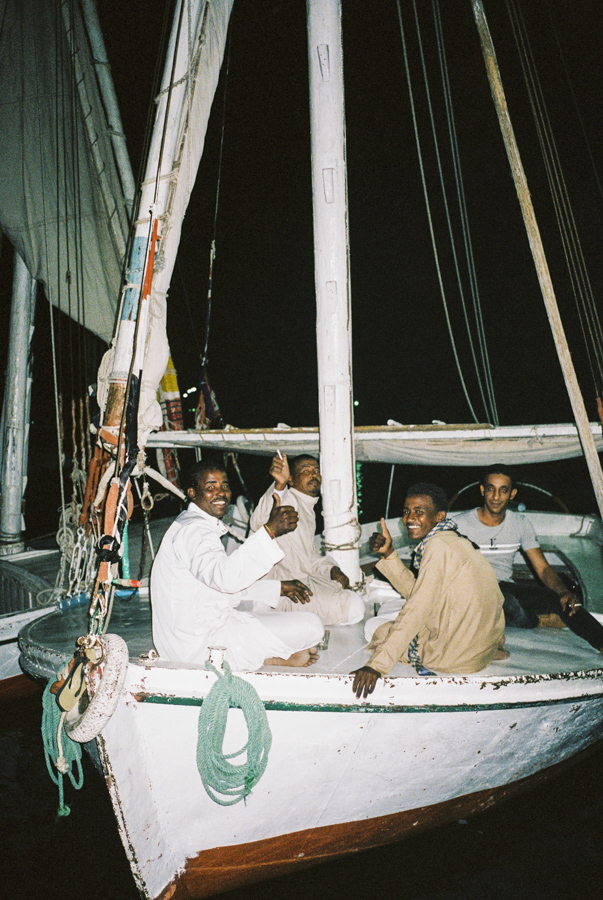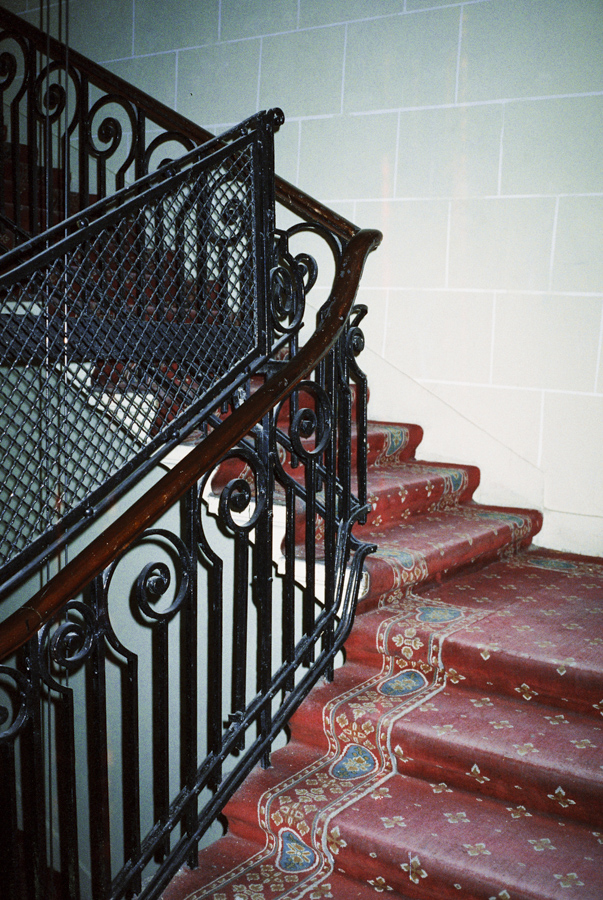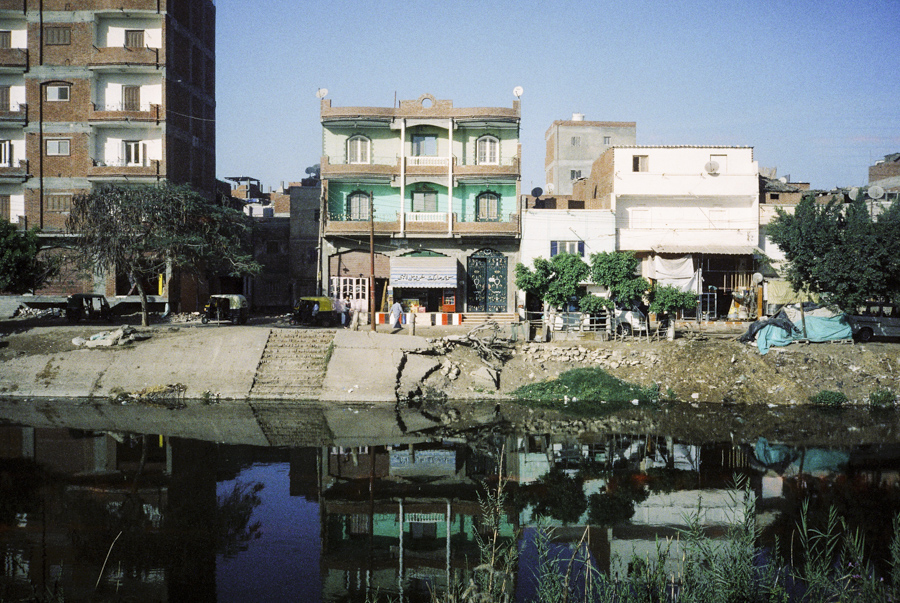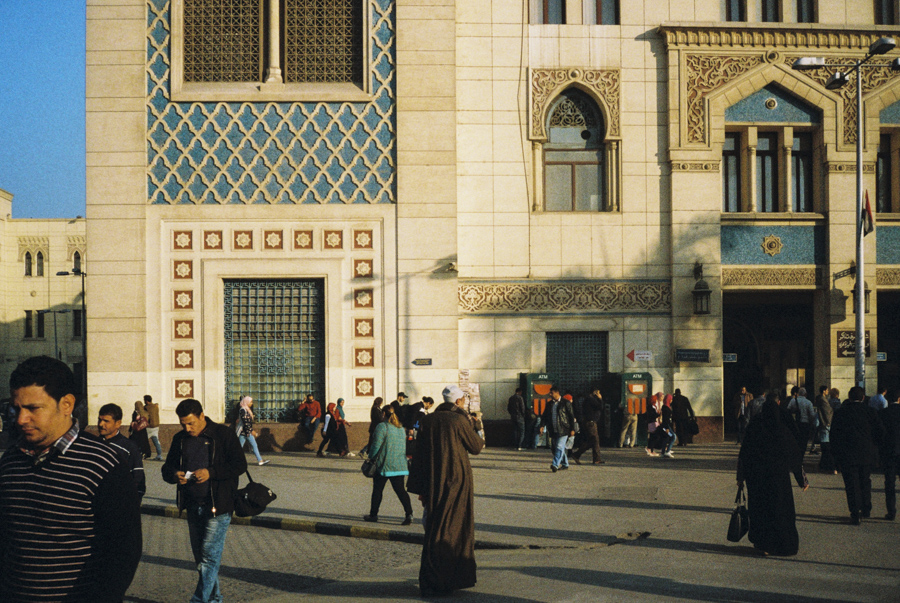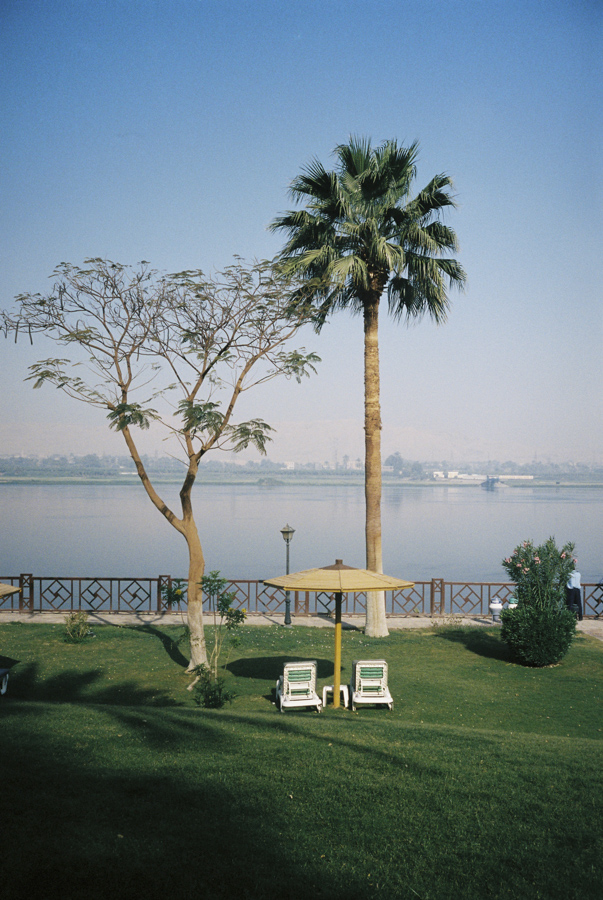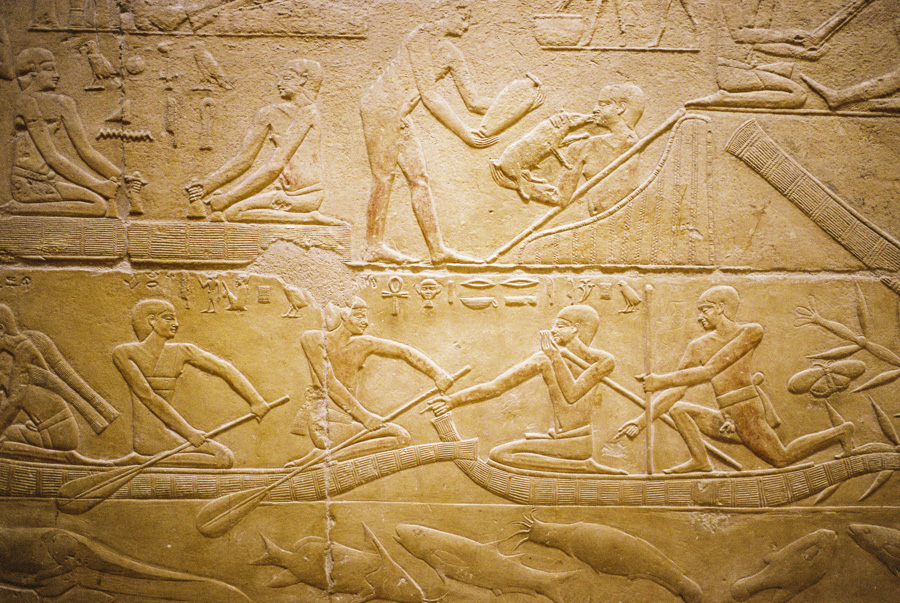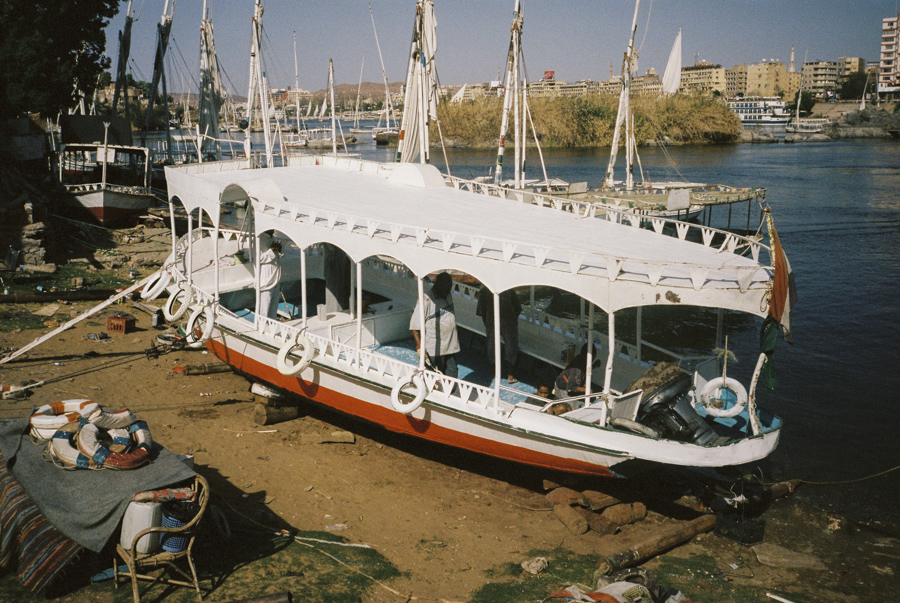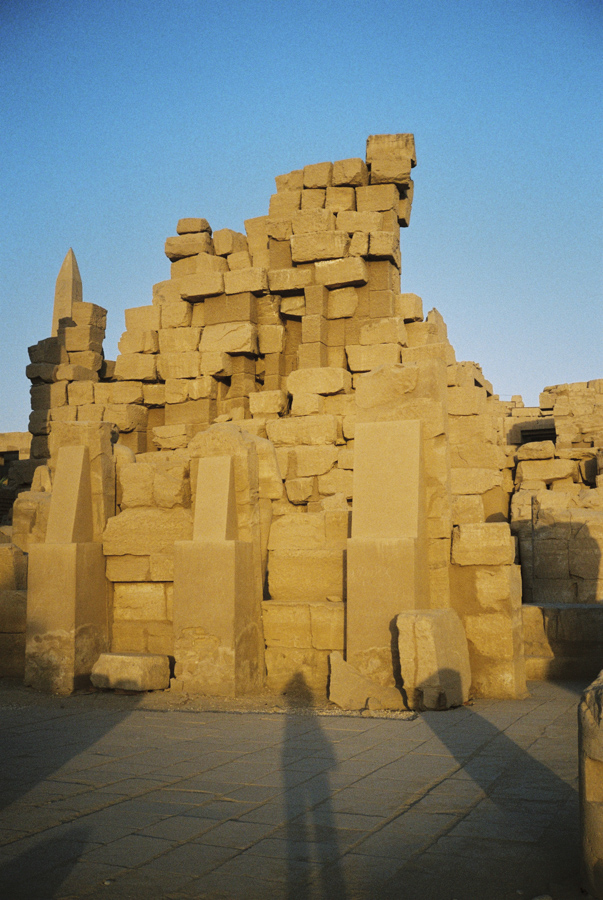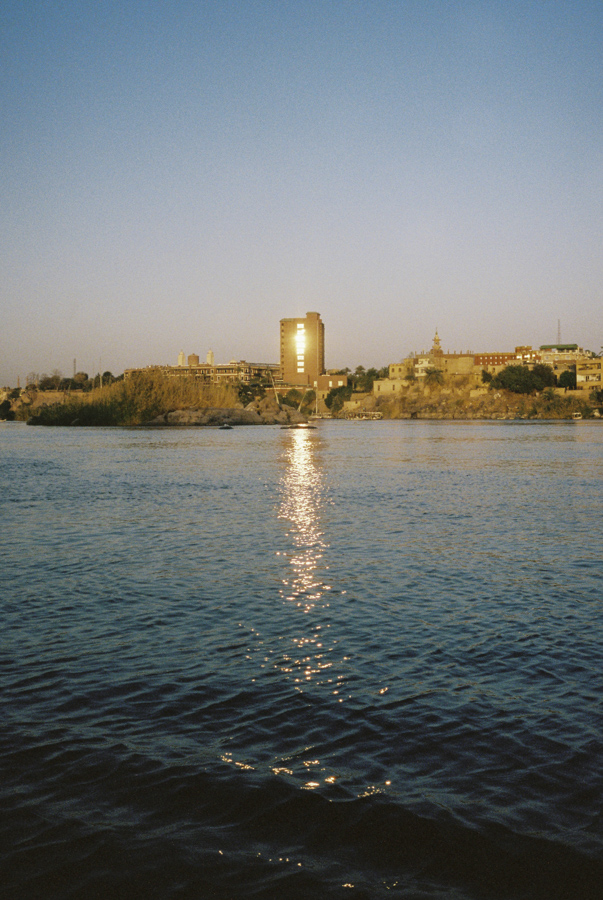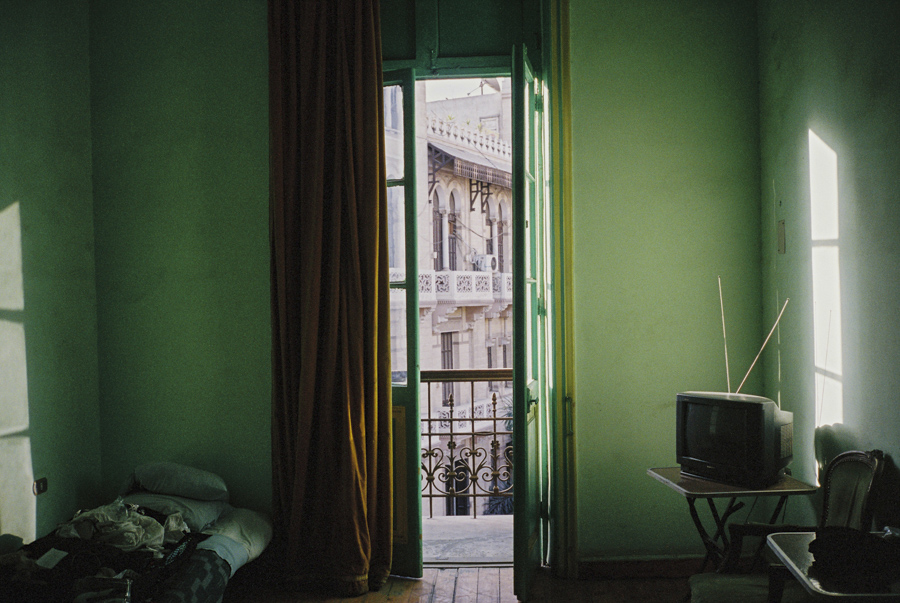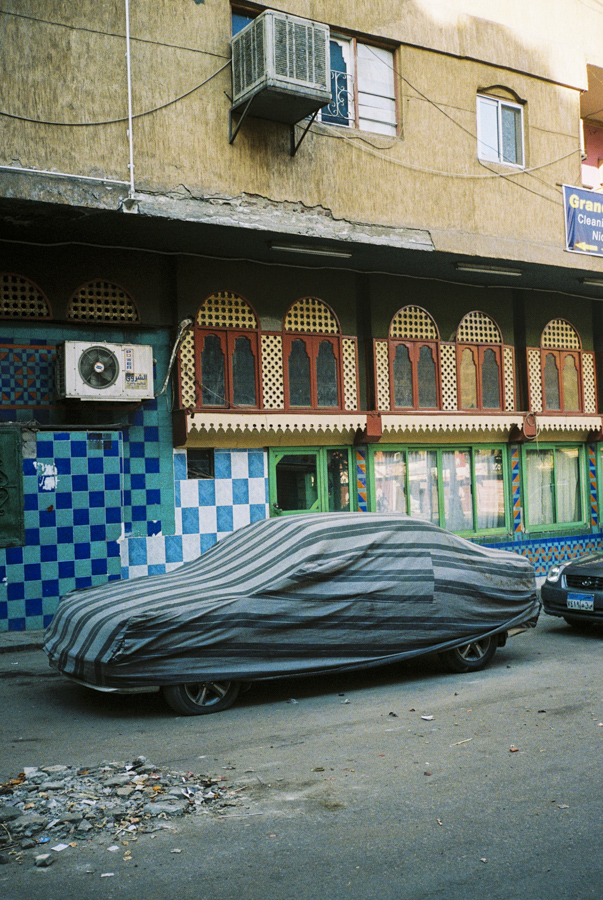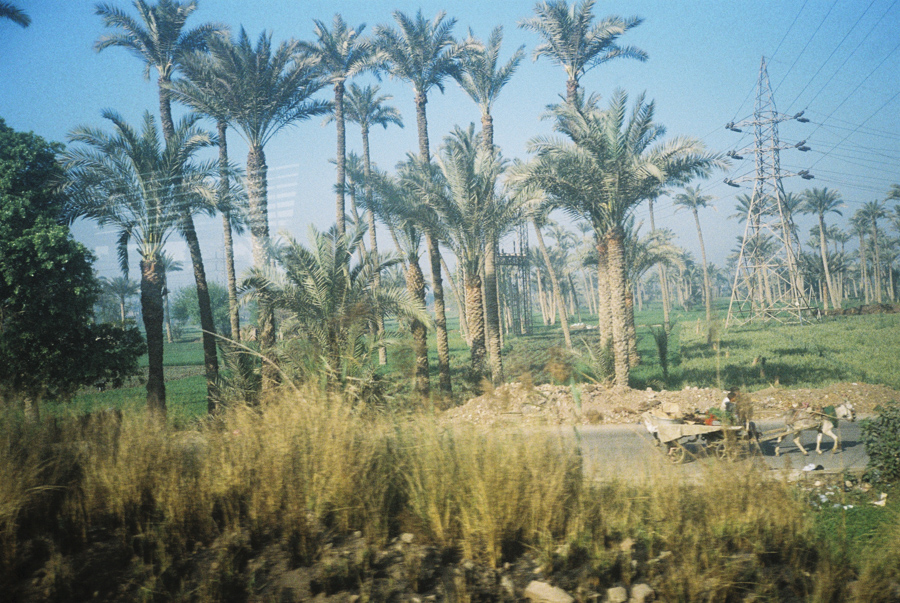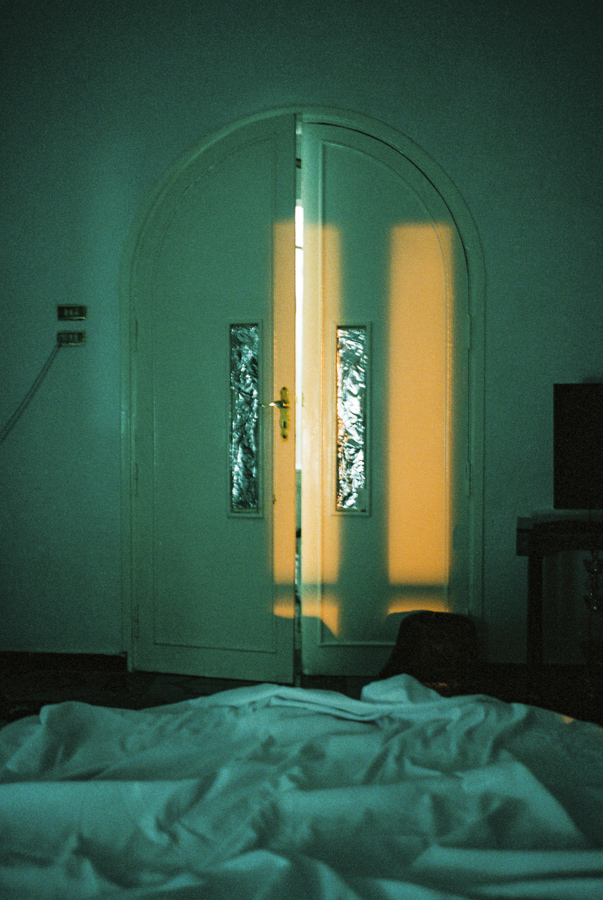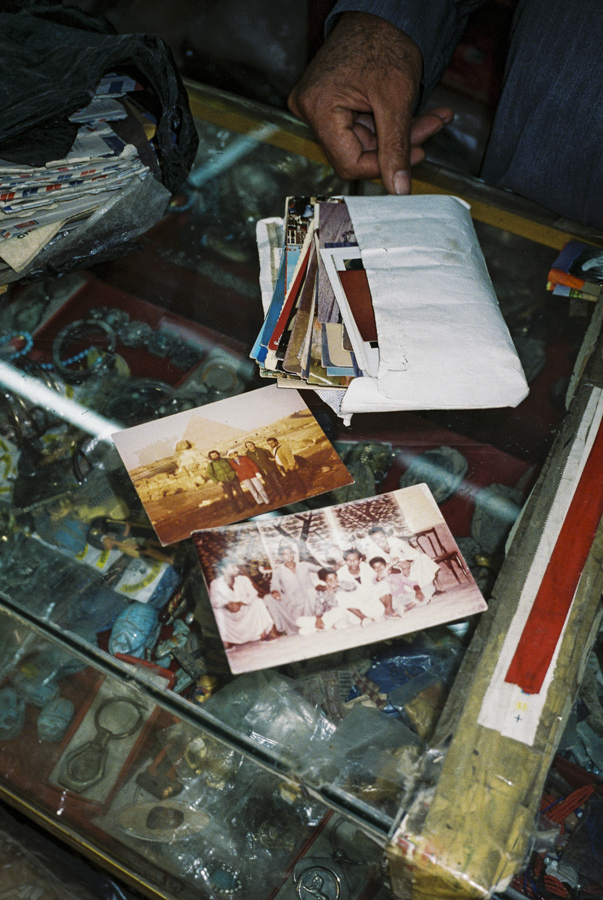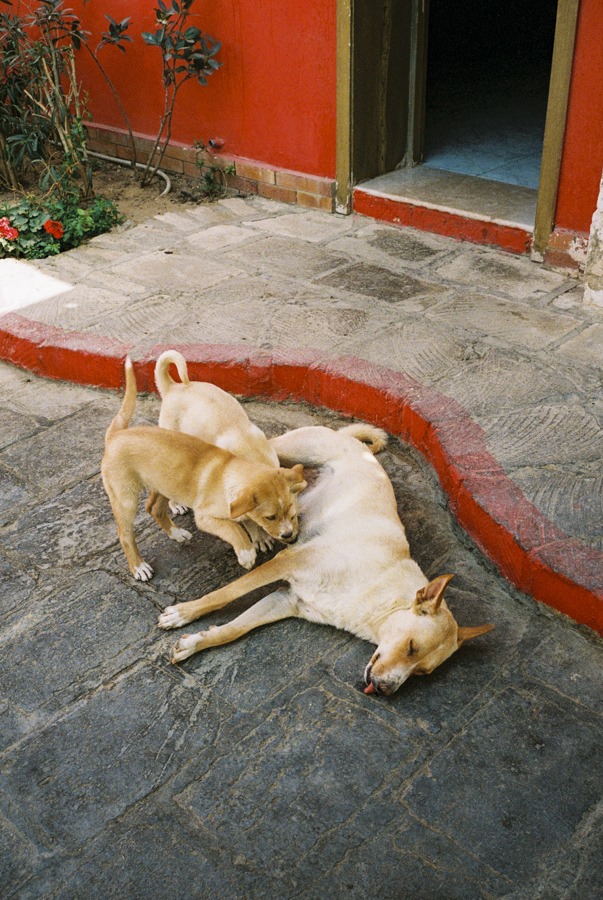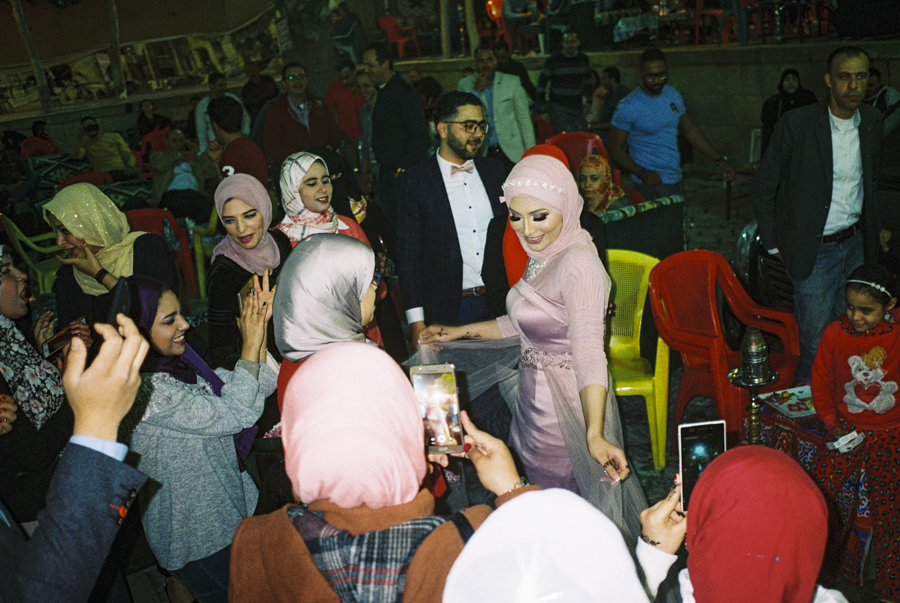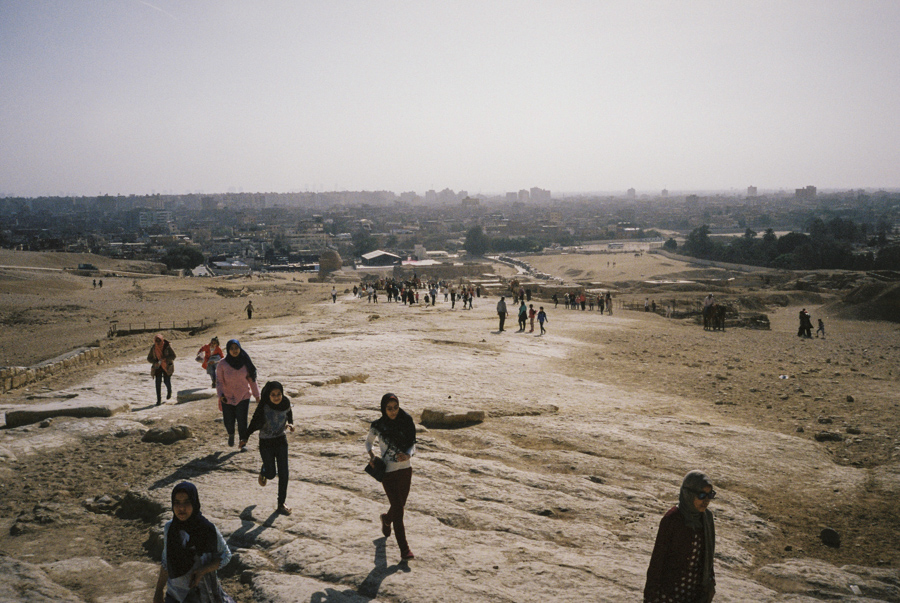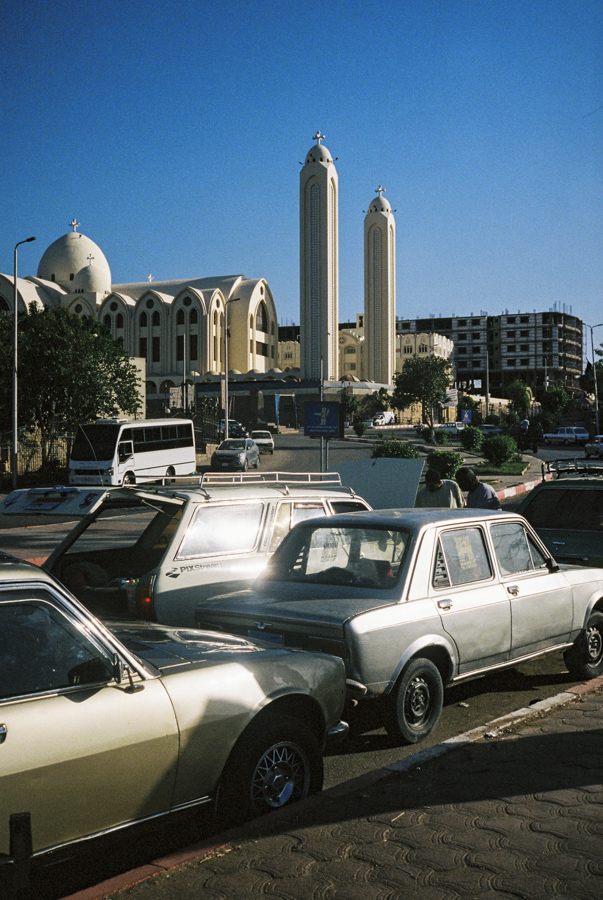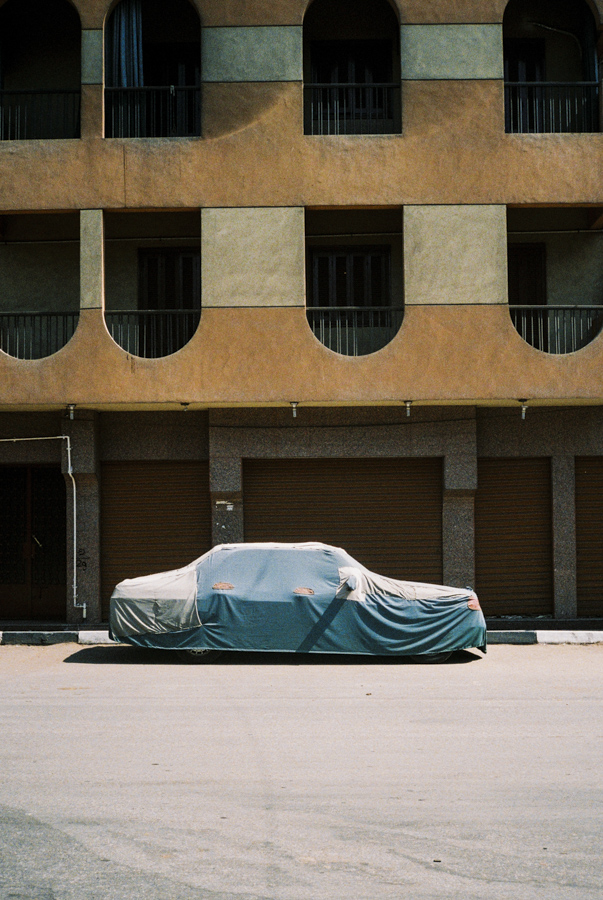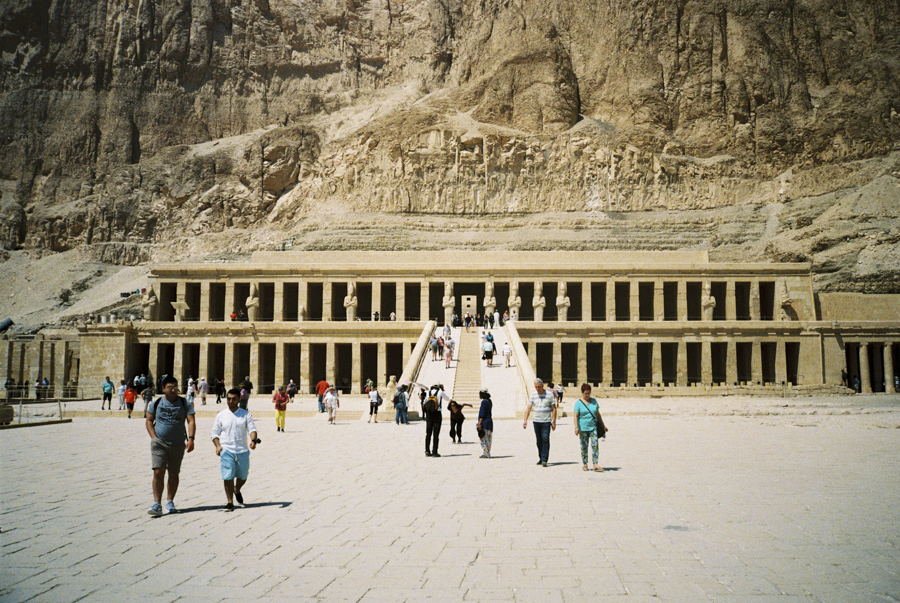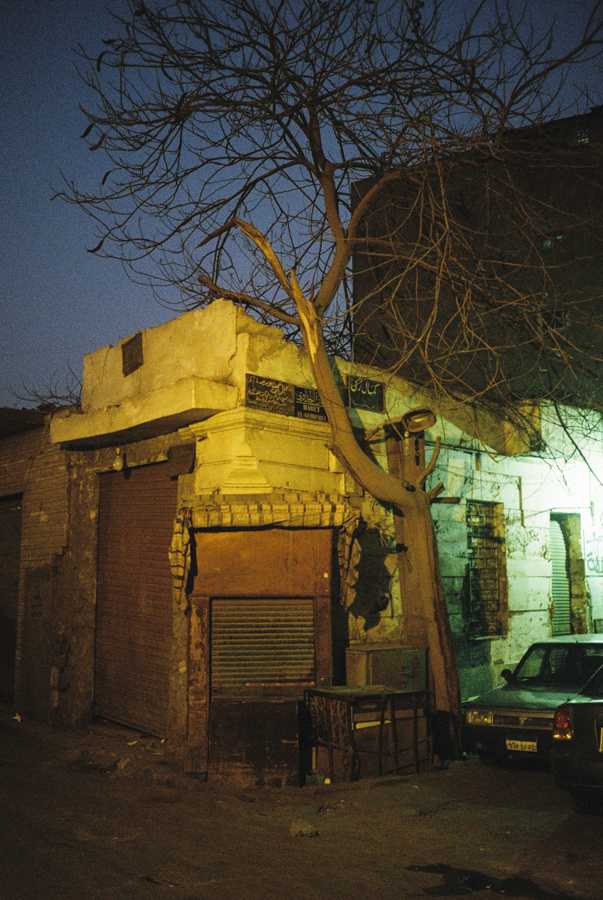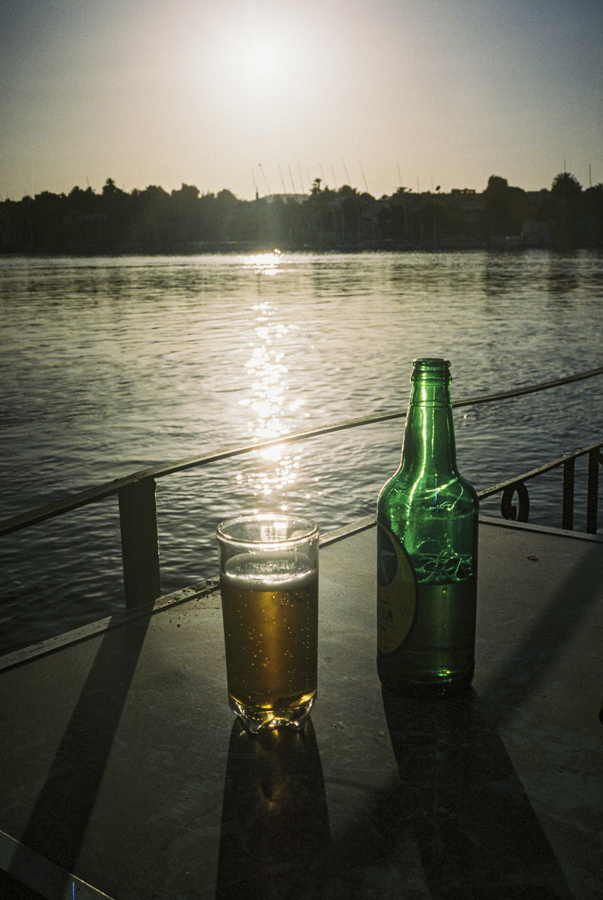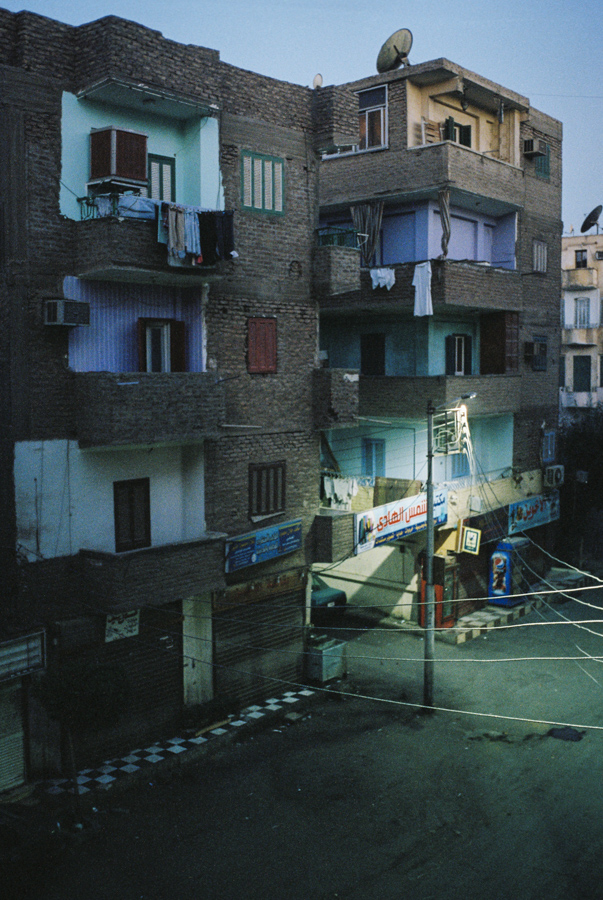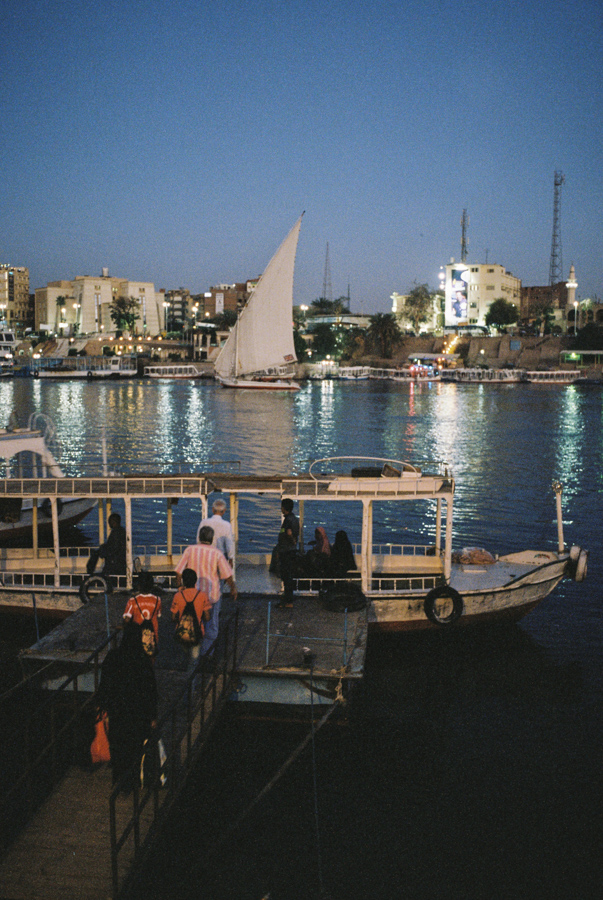
Along The Nile
Slowly drifting along the Nile on a felucca, a traditional wooden sailing boat, is a quintessential Egyptian experience. Especially in the early evening as the last minutes of sunlight hit the water. The Nile is not only Egypt’s primary water source but a pulsing current of the country’s lifeblood.
During my month in Egypt, the Nile River was an obvious central point for much of my travels. Many travellers originating in Cairo, book the expensive overnight sleeper train to Luxor, the gateway to Upper Egypt. However, the night journey misses the magic of the scenic route Nile carves through the country. Passing countless villages, revealing the vibrancy of the Nile delta and the fertile land surrounding. A landscape in sharp contrast to the rest of the country which is predominantly desert.
After departing Cairo at 8am, the rapid emergences of palm tree groves are breathtaking as the colours of the landscape change vastly. Rolling into Luxor a little after sundown is disorientating but waking up at sunrise to a view over the Nile is a worthy and surreal experience. Hot air balloons bob along following the path of the river. Luxor, inarguably home to Egypt’s most prized archaeological masterpieces outside of the Pyramids of Giza. Luxor, which has sadly been visibly tainted by the negatives impacts of tourism, still holds up due to its plethora of monumental ancient sites and enthusiastic yet friendly locals.
Once you venture inland away from the river, deep into the Valley of the Kings, the radiant heat is inescapable even under the shade of a rocky cliff face. Back in Luxor, on the Nile’s edge, I met Kika, a friend of a friend for a drink. Kika took me to a restaurant on a boat docked by the water; A common occurrence in Egypt; many cafes, restaurants and bars are on boats along the river’s edge, each competing with their own music, tafara (apple) shisha and a confusing combination of alcoholic and non-alcoholic cocktails and beers.
Travelling south from Luxor along the Nile’s edge, you reach the warm and golden-hued Aswan. The most prominent settlement in southern Egypt, Aswan is home to a sizeable Nubian community and the river is very much the centrepiece of this city, which for centuries has been a trade gateway to continental Africa. Watching feluccas and other small passenger ferries cruise up and down the river and around Elephantine Island is a dizzying experience and a highlight of Aswan. After a few hours on a felucca one evening, Hamada – my sailor and new friend – offered me tea, dates and a smoke or Bob Marley as its colloquially referred. Compared to its northern counterparts, Aswan has a slower way of life with seemingly endless sunsets and the warmest of golden light that lingers well into the evening.
At the opposite end of Egypt’s length of the Nile, is the mouth of the river that pours into the Mediterranean Sea, around the historic Alexandria. Surrounded by the Nile Delta, the country’s most fertile region, the port city’s complex and multicultural history helped create a vibrant city full of architectural gems and diverse neighbourhoods, not to mention a gateway to trade with Europe and vice versa. Tying this all together, is a river synonymous with Egypt’s historical civilisation and its enduring strength throughout the centuries and remains a pivotal part of modern Egypt, particularly with the burgeoning threat of climate change and water scarcity in northeastern Africa.
Photo essay commissioned by Gobe
